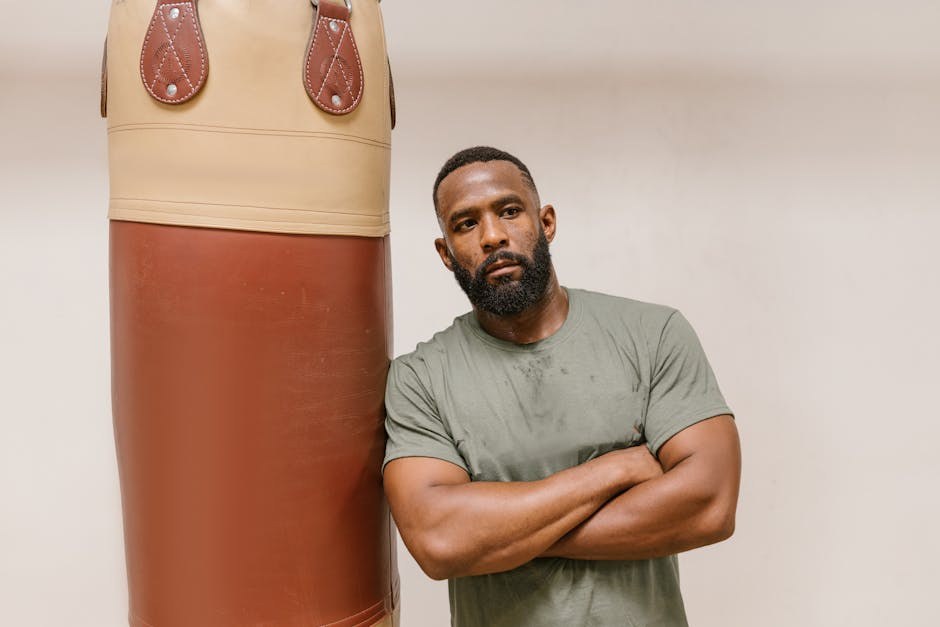Love is an overwhelming emotion-sometimes it fills you with joy, while other times it makes you feel uneasy. While society often portrays love as a perfect, blissful experience, the reality is that it can be complicated and even painful. When we fall for someone, we might feel as though we would do anything for them. But, the question remains: Would you truly sacrifice everything for love? Or are there boundaries that love itself cannot cross?
Is There Such a Thing as “Too Much” for Love?
Many people hold the belief that “true love conquers all,” but is that truly the case? Can love overcome every challenge, no matter the cost? While this sounds beautiful, there are instances where such unconditional sacrifice isn’t practical, or even healthy. The idea that you would go to any extreme for love may sound noble, but it’s essential to evaluate what those actions entail-and whether they align with your own values and self-respect.
It’s easy to romanticize the idea of doing anything for love, but there’s a fine line between devotion and losing your sense of self. A real, healthy relationship should never require you to go against your beliefs, ethics, or morals. If it does, one has to wonder whether this is truly love-or an unhealthy dependency. Sacrificing your happiness or well-being for someone else’s demands isn’t a sign of love; it’s a sign of imbalance.

The Limits You Shouldn’t Cross
It’s tempting to think that love requires selfless sacrifice-but sacrifice shouldn’t come at the expense of your own identity. Imagine your partner asks you to compromise your integrity, break the law, or hurt someone for them. These are not things love should demand. You may be willing to help your partner when they are in need-whether it’s offering emotional support or even assisting in practical matters, like giving up your time. But true love never pressures you into abandoning your principles.
It’s crucial to understand where to draw the line. While relationships may require compromise, this should never mean compromising your values or well-being. True love honors who you are and encourages you to be the best version of yourself-without requiring you to give up your core beliefs or happiness.
Identifying Real Love: How Do You Know It’s the “Big L”?
Knowing if you’re truly in love can sometimes be challenging, especially in the early stages. Intense attraction and infatuation can easily be mistaken for love. At first, you may feel an intense desire to be with your partner, constantly thinking about them, but this early-stage excitement doesn’t necessarily mean you’re in love. True love, on the other hand, is about deep emotional connection and mutual respect. It transcends the initial rush of emotions and creates a bond built on understanding and care.

For me, true love becomes evident when your partner’s happiness matters just as much-if not more-than your own. This might sound controversial, but genuine love can sometimes put the other person’s needs above your own. However, this doesn’t mean you should lose sight of your own desires and well-being. In fact, love should encourage balance, where both partners support and care for each other equally.
The Difference Between Love and Infatuation
It’s important to distinguish between love and infatuation. Early infatuation might feel all-consuming-constant thoughts of your partner, losing your appetite, or struggling to sleep. But this feeling fades over time, and what remains is the deeper bond of love. Love is steady and consistent. Infatuation, though intense, is often short-lived and driven by surface-level attraction. Love, however, is based on a shared commitment to each other’s well-being and growth, both as individuals and as a couple.
True love doesn’t require you to lose yourself. It should be a source of strength, not weakness. A relationship where one person sacrifices their happiness consistently isn’t healthy. Love should enhance your life, not take it away. If you’re constantly compromising your happiness, it may not be love at all.

The Dangers of Sacrificing Too Much
Recently, I witnessed a situation that perfectly highlights the risks of doing too much for love. A close friend of mine has been in a relationship for over a year, and while we all support her, we have concerns. Her partner is controlling, yet she is so deeply in love that she overlooks the red flags. He asked her to quit her job because it interfered with their time together. Despite loving her job, she agreed to quit, reasoning that it would help their relationship. She believed she could easily find another job with similar hours. Unfortunately, this move hasn’t worked out as she’d hoped. Not only does she miss her old job, but she also finds herself alone more often than before.
In this case, I believe my friend made a mistake. She gave up something that was important to her to make her partner happy, but at what cost? True love doesn’t require such sacrifices-especially when they negatively affect your happiness and well-being.
Understanding Sacrifice in Love
Sacrifice in love should be mutual. It’s one thing to make a sacrifice on occasion-for example, skipping a night out with friends to care for a sick partner-but it’s another when those sacrifices become the norm. A relationship should never be about one partner constantly giving up their happiness for the other. True love respects both people’s lives, desires, and goals. When you are in love, your partner should never ask you to compromise your happiness or well-being.
It’s important to recognize that love is not about constant self-sacrifice. It’s about finding balance. When you’re young, you may give more than you should to avoid conflict or because you’re afraid of losing the relationship. But with time, you learn to set boundaries. True love involves not just giving, but also receiving respect, support, and understanding.
Setting Boundaries: A Lesson in Self-Respect
As I’ve gotten older, I’ve learned the importance of maintaining boundaries in a relationship. There are things you should never have to give up for someone else’s happiness. When I was younger, I gave too much in my relationships, worried that if I didn’t, I’d lose my partner. Looking back, I realize how unhealthy this mindset was. My self-worth was tied to my partner’s approval, which made me forget my own needs and desires.
Now, I understand the importance of maintaining a sense of self in any relationship. Love is about growth-both as a couple and as individuals. If your partner is asking too much, or if you’re sacrificing more than you should, it’s time to reassess the relationship. True love should lift you up, not bring you down.
Final Thoughts
When it comes to love, knowing your boundaries is key. True love doesn’t demand that you lose yourself or sacrifice your happiness. It’s about finding balance, mutual respect, and support. Love can be a beautiful thing, but it should never come at the cost of your identity or well-being. Understanding when to say “no” is just as important as knowing when to say “yes.” By setting clear boundaries, you’ll preserve your happiness and avoid unnecessary pain in the future.